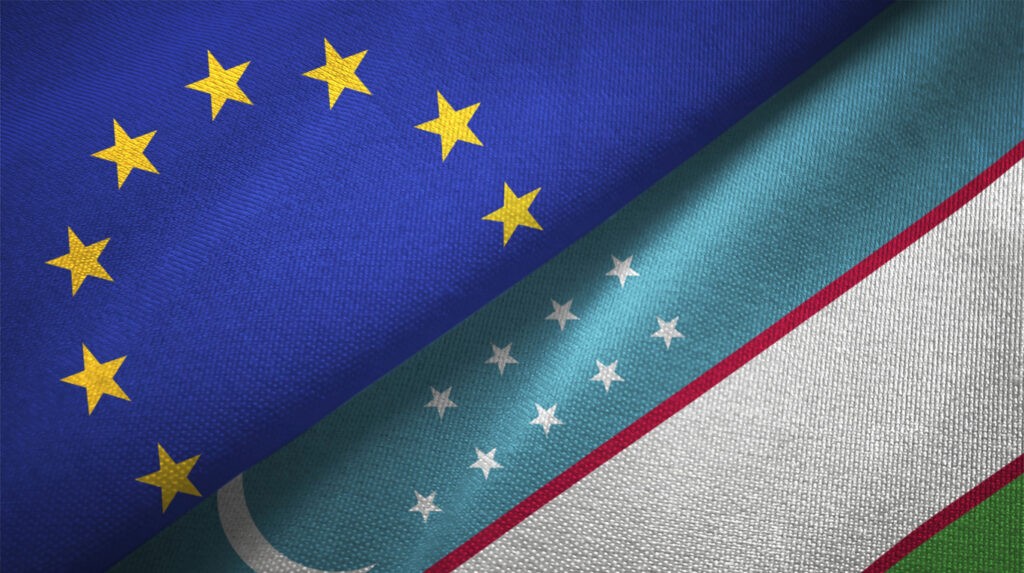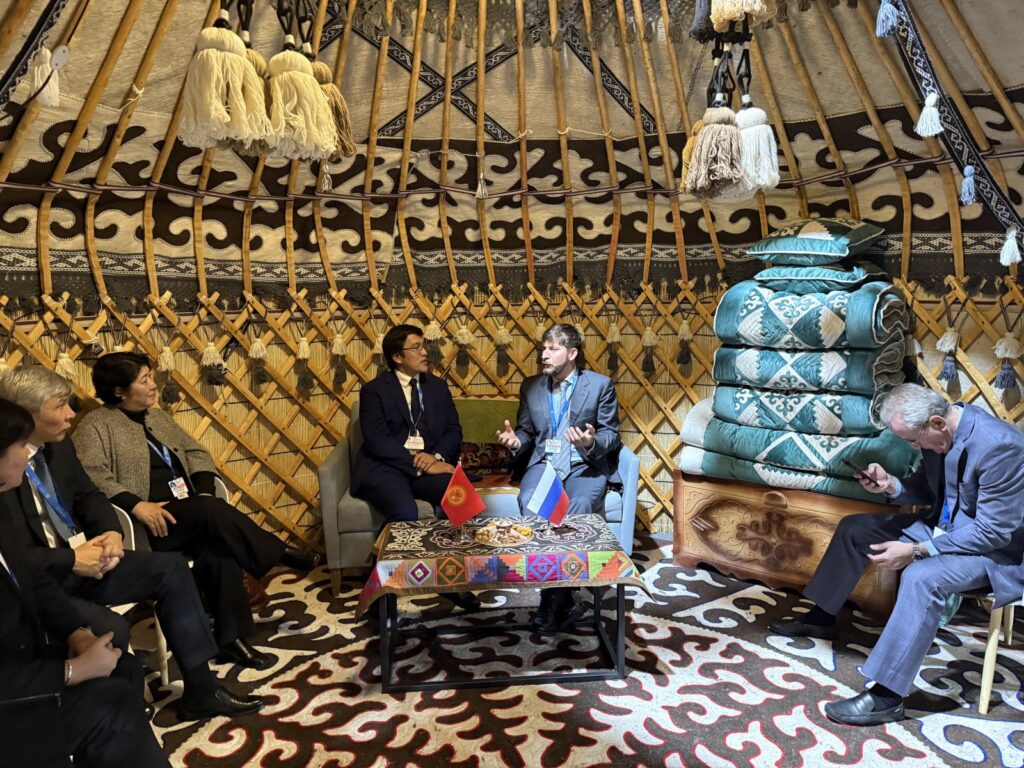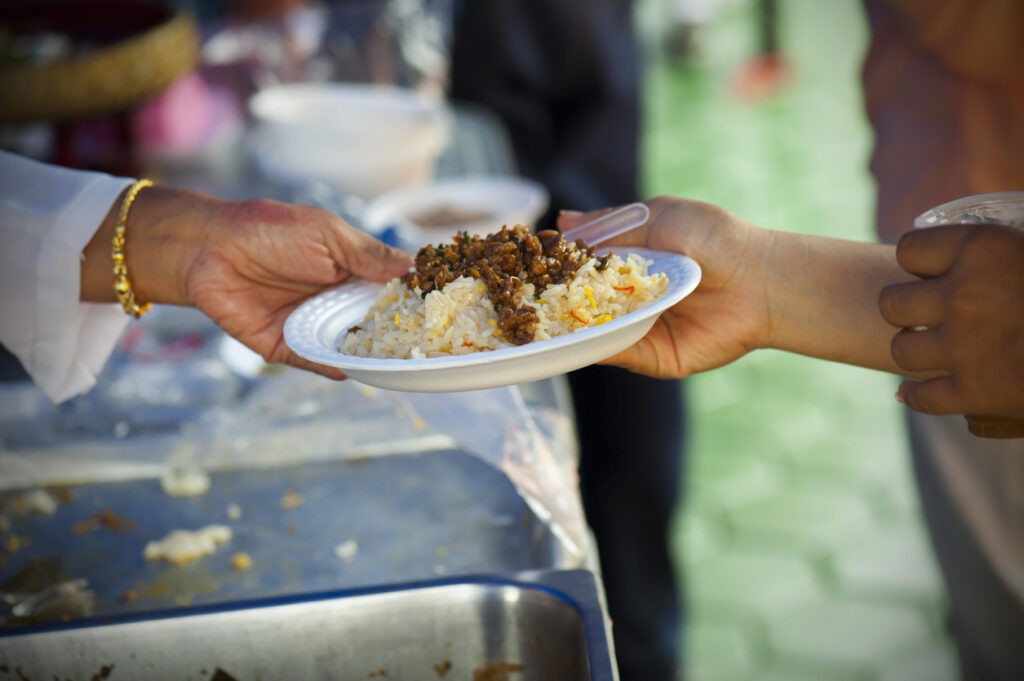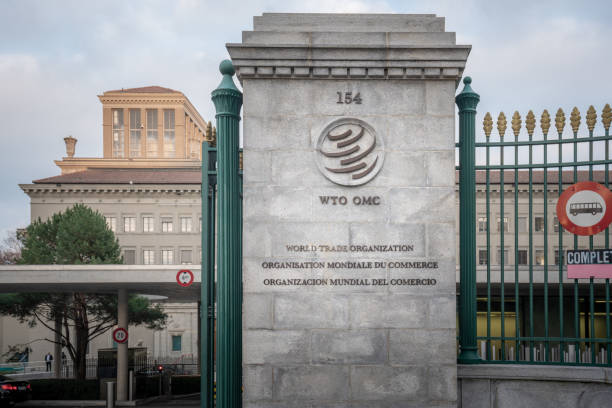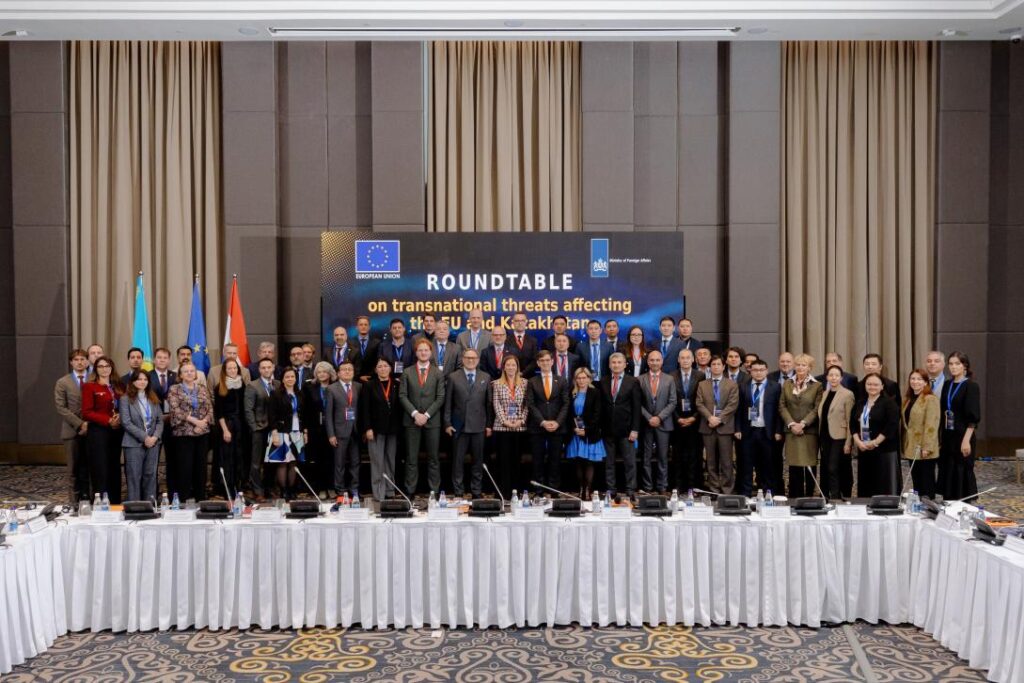Uzbekistan Proposes 10-Year Extension of Duty Free Export Benefits to the EU
On December 4-5, Uzbekistan participated for the first time in the meeting of the General Scheme of Preferences (GSP+) working group of the European Union in Brussels. The meeting included representatives from 28 EU member states and Uzbekistan’s Ministry of Investment, Industry, and Trade (MIIT). Uzbekistan’s delegation highlighted the progress made since becoming a GSP+ beneficiary in 2021. During this time, the country’s exports to the EU nearly tripled, reaching $1.15 billion. Of the 6,200 products eligible for duty-free export, approximately 1,100 - primarily agricultural, textile, and chemical goods - are exported regularly. To further enhance market stability and competitiveness, the delegation proposed adding new fruits and vegetables to the list of preferred goods and revising seasonal export quotas. They also recommended extending the GSP+ preferential trade regime for an additional ten years to foster long-term economic ties with the EU. During the visit, Uzbek representatives held talks with European Commission officials to improve access to Uzbek products, adjust quotas for rolling metals, and secure technical assistance to align with EU standards. These discussions mark a significant step in expanding trade and economic cooperation under the GSP+ framework.
